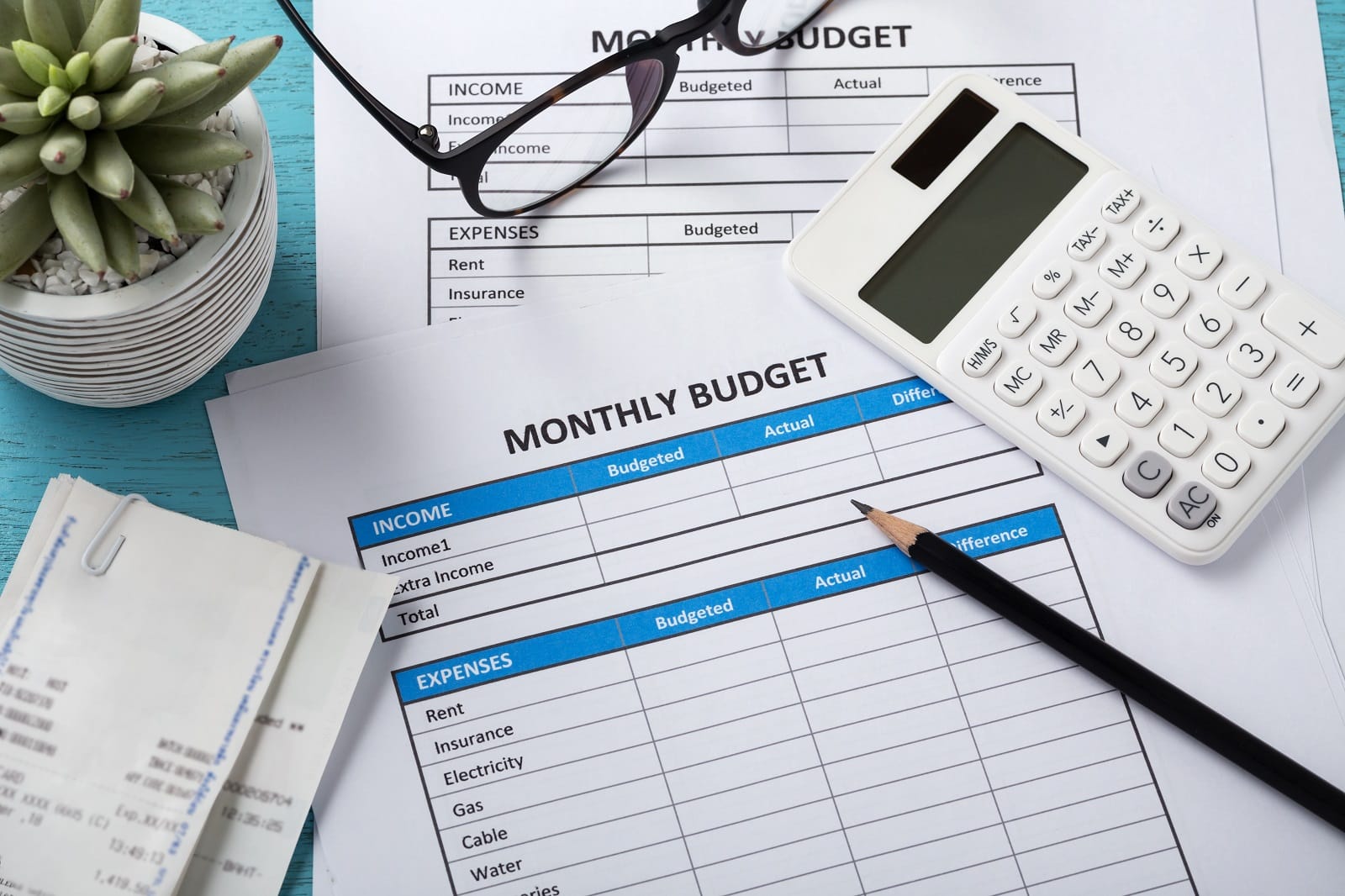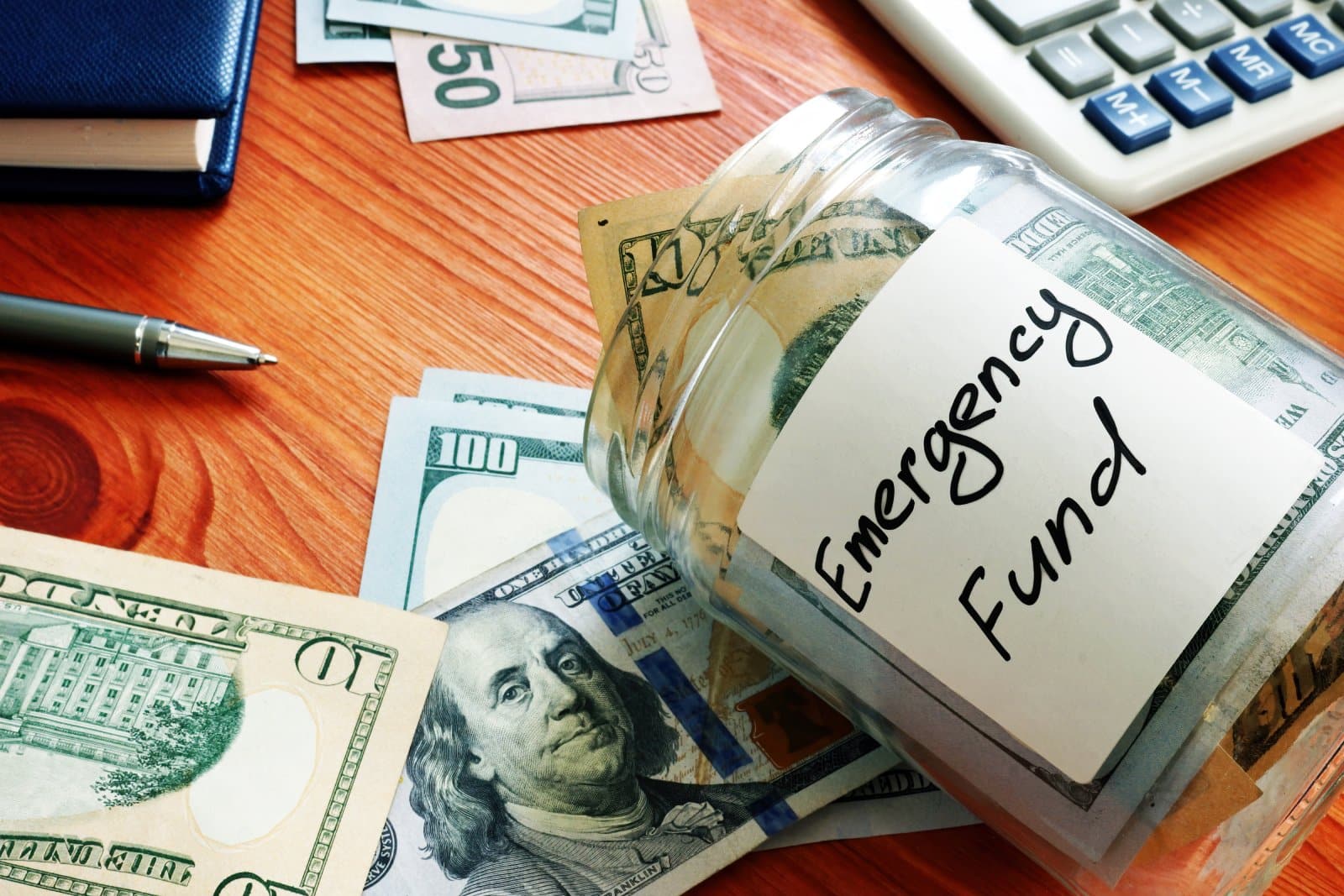Are you ready to break free from the shackles of debt and take control of your financial future? Well, you’re in luck because I’ve got 20 simple tips that will help you pay off debt and pave the way to financial freedom. Let’s start your journey towards a debt-free life!
#1. Create a Budget

Start by tracking your income and expenses to create a realistic budget. Knowing where your money is going is the first step towards taking control of your finances and paying off debt.
#2. Cut Unnecessary Expenses

Identify non-essential expenses that you can cut back on to free up more money for debt repayment. Whether it’s dining out less often or canceling unused subscriptions, every little bit helps.
#3. Prioritize Your Debts

List your debts from smallest to largest and focus on paying off the smallest balance first. This debt snowball approach can provide quick wins and motivation to tackle larger debts later.
#4. Negotiate Lower Interest Rates

Contact your creditors to negotiate lower interest rates on your existing debts. Lower interest rates mean more of your payment goes towards reducing the principal balance, accelerating your debt payoff.
#5. Increase Your Income

Look for opportunities to boost your income, whether through a side hustle, freelance work, or asking for a raise at your current job. Extra income can be directed towards debt repayment, helping you reach your financial goals faster.
#6. Use Windfalls Wisely

Put unexpected windfalls, such as tax refunds or bonuses, towards paying off debt rather than splurging on unnecessary purchases. It’s a quick and effective way to make a dent in your debt balance.
#7. Consider Debt Consolidation

Explore debt consolidation options to combine multiple debts into a single loan with a lower interest rate. This can simplify your debt repayment efforts and potentially save you money on interest.
#8. Avoid Taking on New Debt

Commit to living within your means and avoid taking on new debt while you work towards paying off existing debts. Delay gratification and focus on your long-term financial goals.
#9. Build an Emergency Fund

Set aside some money in an emergency fund to cover unexpected expenses and prevent future debt accumulation. Having a financial safety net in place can help you stay on track with your debt repayment plan.
#10. Automate Your Payments

Set up automatic payments for your debts to ensure you never miss a due date. This can help you avoid late fees and maintain a consistent debt repayment schedule.
#11. Use Cash Instead of Credit

Switch to using cash for your everyday purchases to prevent overspending and accumulate less debt. It’s a simple yet effective way to stay within your budget and curb impulse buying.
#12. Sell Unwanted Items

Declutter your home and sell items you no longer need or use to generate extra cash. Use the proceeds to pay off debt and simplify your life in the process.
#13. Stay Motivated

Celebrate your progress along the way and stay motivated to reach your debt payoff goals. Visualize the financial freedom that awaits you and keep pushing forward, one step at a time.
#14. Seek Support

Don’t be afraid to seek support from friends, family, or a financial advisor as you work towards paying off debt. Having someone to cheer you on and hold you accountable can make a big difference in your success.
#15. Educate Yourself

Take the time to educate yourself about personal finance and debt management strategies. The more you know, the better equipped you’ll be to make smart financial decisions and achieve your goals.
#16. Practice Patience

Paying off debt takes time and patience, so don’t get discouraged if progress feels slow at times. Stay focused on your goals and trust in the process—you’ll get there eventually.
#17. Celebrate Milestones

Celebrate each milestone along your debt payoff journey, whether it’s paying off a credit card or reaching a certain debt balance. Acknowledging your progress can help keep you motivated and inspired to keep going.
#18. Stay Consistent

Consistency is key when it comes to paying off debt, so stick to your budget and debt repayment plan even when it gets tough. Remember, every small step forward brings you closer to financial freedom.
#19. Practice Gratitude

Cultivate an attitude of gratitude for what you have rather than focusing on what you lack. Gratitude can help shift your mindset towards abundance and contentment, making it easier to resist the temptation of unnecessary spending.
#20. Plan for the Future

Once you’ve paid off your debts, continue practicing smart financial habits and plan for your future financial goals. Whether it’s saving for retirement, buying a home, or traveling the world, having a clear vision of your future can keep you motivated and on track.
Toolkit

With these 20 simple tips, you have the tools and strategies you need to pay off debt and achieve financial freedom. So what are you waiting for? Start implementing these tips today and take the first step towards a debt-free life!
The post – 20 Simple Tips for Paying Off Debt and Achieving Financial Freedom – first appeared on Wealthy Living.
Featured Image Credit: Shutterstock / C_Production.
The content of this article is for informational purposes only and does not constitute or replace professional financial advice.
For transparency, this content was partly developed with AI assistance and carefully curated by an experienced editor to be informative and ensure accuracy.





